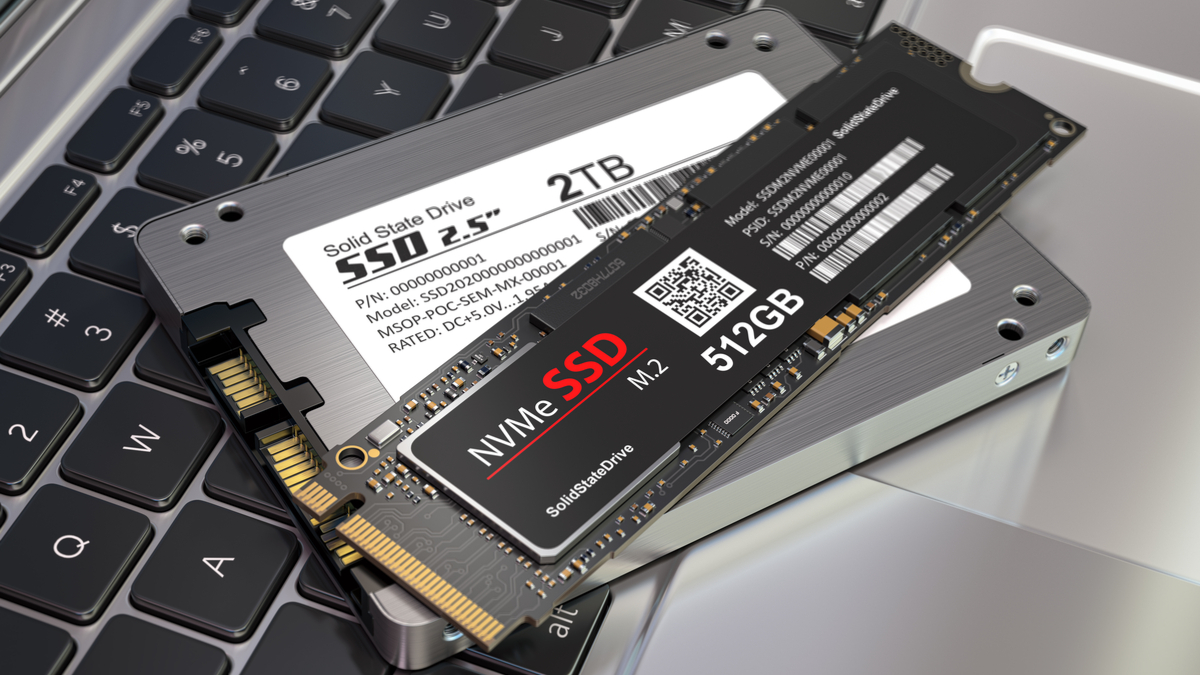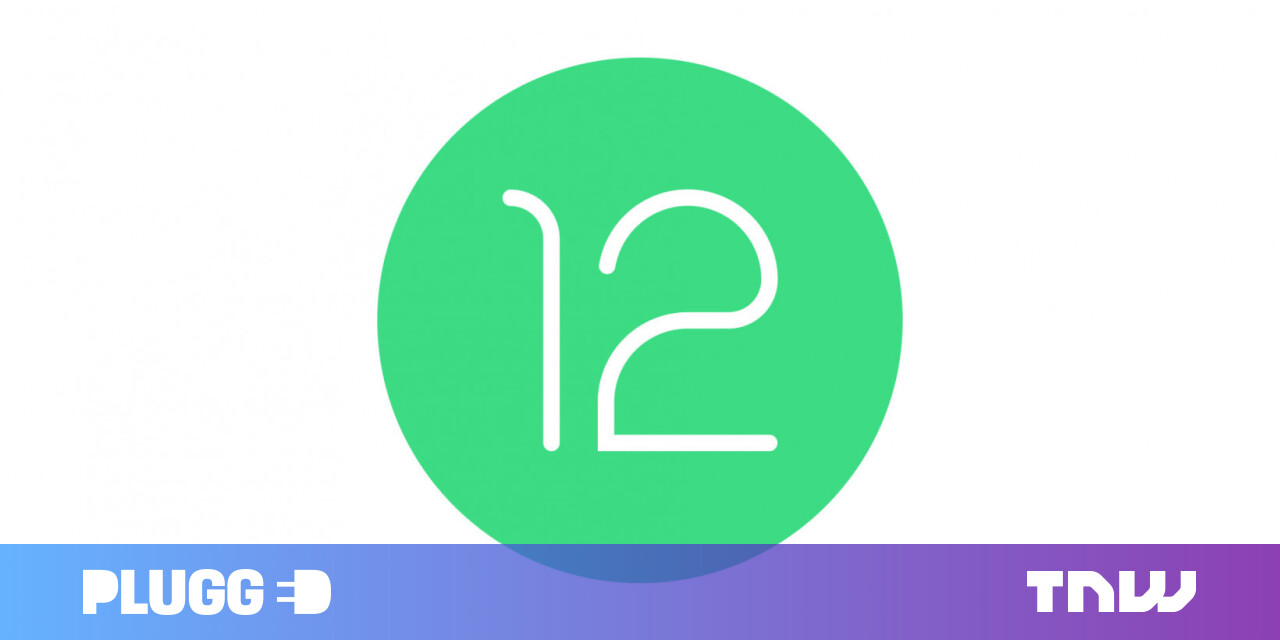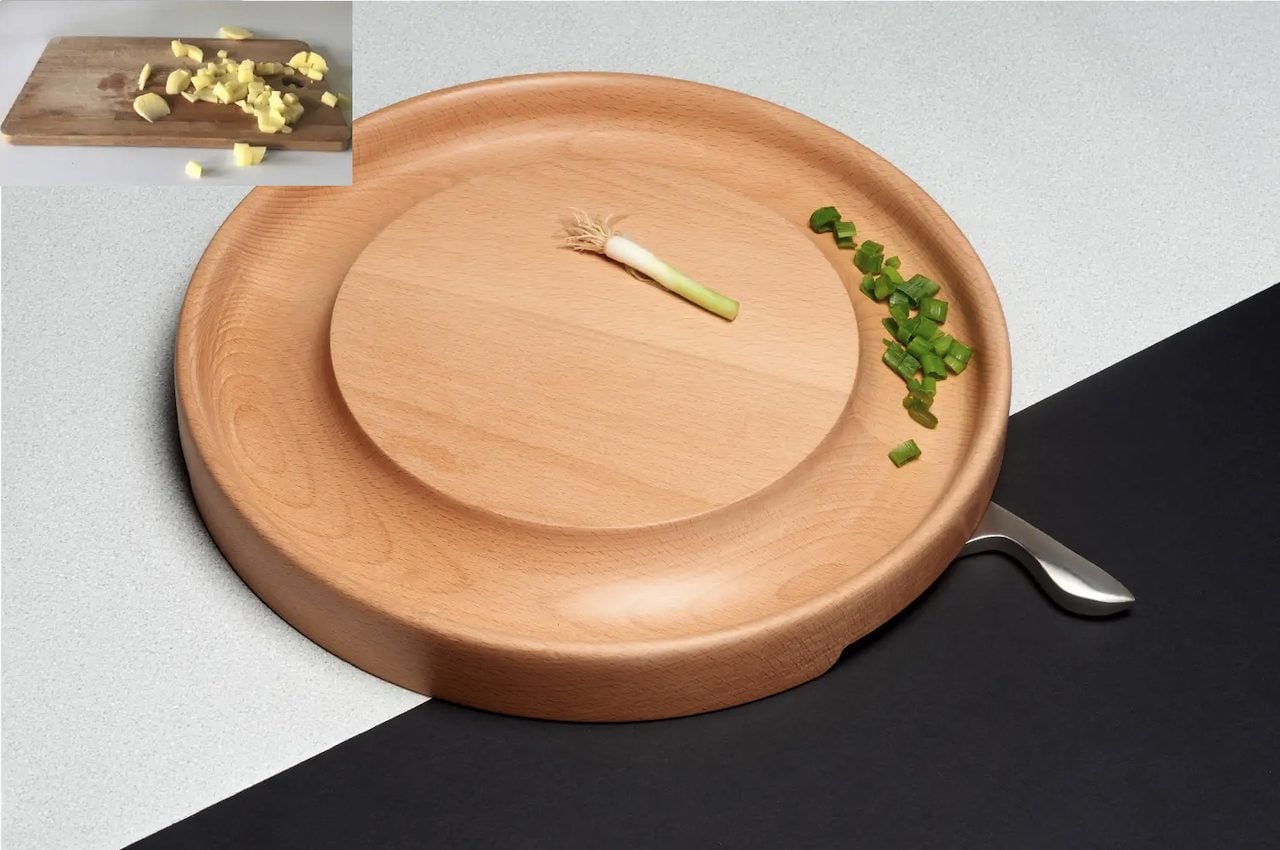#How Much Storage Space Does My PC Need?

Table of Contents
“How Much Storage Space Does My PC Need?”

Whether you’re purchasing a new PC or laptop, or upgrading your existing machine, you’ll need to consider how much hard disk space you need. Do you need more for certain games and applications? Is bigger really better? Let’s find out.
The Purpose of a Hard Drive
Stripping it back to basics, the primary role of a hard drive is to store data; photos, files, applications, games, etc. Your hard drive is also the place you’ll install your operating system (OS), which, if you’re installing Windows 11, will take up around 30GB of storage, though a total of 64GB will need to be available.
The capacity of a hard drive won’t have any performance effect on your computer, unless the disk is nearly full, in which case it can cause some problems. If you have a 250GB hard drive, for example, it’s wise to leave around 10 to 15% of storage free. Even if your computer is running smoothly, we don’t recommend filling every last megabyte since some applications and your OS may require reserved space to function properly.
When purchasing a new hard drive, it’s important to consider what you’ll use your computer for, as well as leaving a small portion of it free for your OS.
HDD vs SSD
There are several different types of hard drives you can purchase, the main ones include hard disk drives (HDD), and solid state drives (SSD). Making things a little confusing, SSDs come in different form factors; SATA, M.2, and NVMe. While these types have their own pros and cons, the main difference between HDDs and SSDs is the speed at which they can transfer data.
SSDs are faster than HDDs, making them a preferable option for OS installs and games. However, SSDs are also much more expensive, so you’ll often find that more affordable laptops and desktops that use SSDs have lower capacities, in the range of 120GB.
Let’s compare the Western Digital SATA SSD to the Western Digital HDD counterpart; the 4TB HDD is almost 150% cheaper than the equivalent SSD. To find a Western Digital SSD at the same price as the 4TB HDD, you’d have to sacrifice 3.5TB of space.
In a lot of cases, people tend to mix and match the type of hard disks used in their computers. For instance, you could have a 120GB SSD to store your OS and some of your most important applications, a secondary 120GB or 250GB SSD to store your games, and a 1TB HDD to store music, photos, and other files. This way, you’re getting the best of both worlds, but aren’t having to sacrifice speed over affordability.
Laptop vs Desktop Hard Disk Space
While it is possible to purchase a powerful gaming laptop with 1TB plus of NVMe M.2 SSD disk space, like the ASUS ROG Zephyrus Duo SE, these machines are much harder to come by for the everyday consumer and will require a much higher budget. Think $3,000+!
SATA SSDs are faster than HDDs but not as fast as M.2 PCIe. For everyday use and mid-level gaming, a SATA SSD will be more than enough to store the data you need at a decent speed. SATA SSDs fit in most desktop PCs and laptops and are therefore the most common hard drives you’ll see when purchasing a new rig. Consumer drives can range between 120GB to 4TB, but most laptops only have space for one hard drive, so you’ll need to think carefully before grabbing the cheapest option.
If you spend your hard-earned cash on a laptop with a 120GB SSD, you’ll lose a good chunk of that to the OS, leaving you with very little room to play with. If your laptop doesn’t have additional hard drive slots, you’ll quickly find you’re deciding between which files to keep and delete. It’s therefore recommended if you’re buying a laptop to purchase one with at least 250GB of hard disk space.
Desktop PCs, on the other hand, have a lot more room in them to house more hard drives. However, the number of hard drives that your PC can accommodate is down to your motherboard. For example, Gigabyte’s B550 Aorus Elite AX V2 has two M.2 connectors and four SATA 6Gb/s connectors, meaning this motherboard can support two M.2 SSDs and four SSDs or HDDs. There’s a lot more variety in terms of desktop hard disk space which is one of the reasons they’re preferred over laptops by gamers, 3D modelers, and graphic designers.
Gigabyte B550 AORUS ELITE AX V2
Gigabyte Socket AM4 motherboard with DDR4 RAM slots, support for 3rd generation AMD Ryzen processors, and PCIe 4.0 x16 slots.
How Much Disk Space Do You Need?
To determine how much disk space you need on your desktop or laptop, you need to identify what you’ll be using your computer for. If you’re mainly storing files, photos, and videos, you probably won’t need more than 500GB of hard disk space at any given time. In fact, this is likely overkill unless you’re hoarding high-resolution photos and extensive videos.
Gamers, on the other hand, will need much more storage since many AAA titles can require 100GB or more space per game. Call of Duty: Modern Warfare has a storage requirement of 175GB, so if you only had a 250GB SSD, the game plus your OS would account for almost all of your available disk space.
Although games do take up a lot more space than most applications, you don’t necessarily need to account for every game in your library since you’ll often only be playing a handful of games at any given time. Therefore, a 1-2TB SSD would likely be sufficient for any gaming PC.
If you liked the article, do not forget to share it with your friends. Follow us on Google News too, click on the star and choose us from your favorites.
For forums sites go to Forum.BuradaBiliyorum.Com
If you want to read more like this article, you can visit our Technology category.



